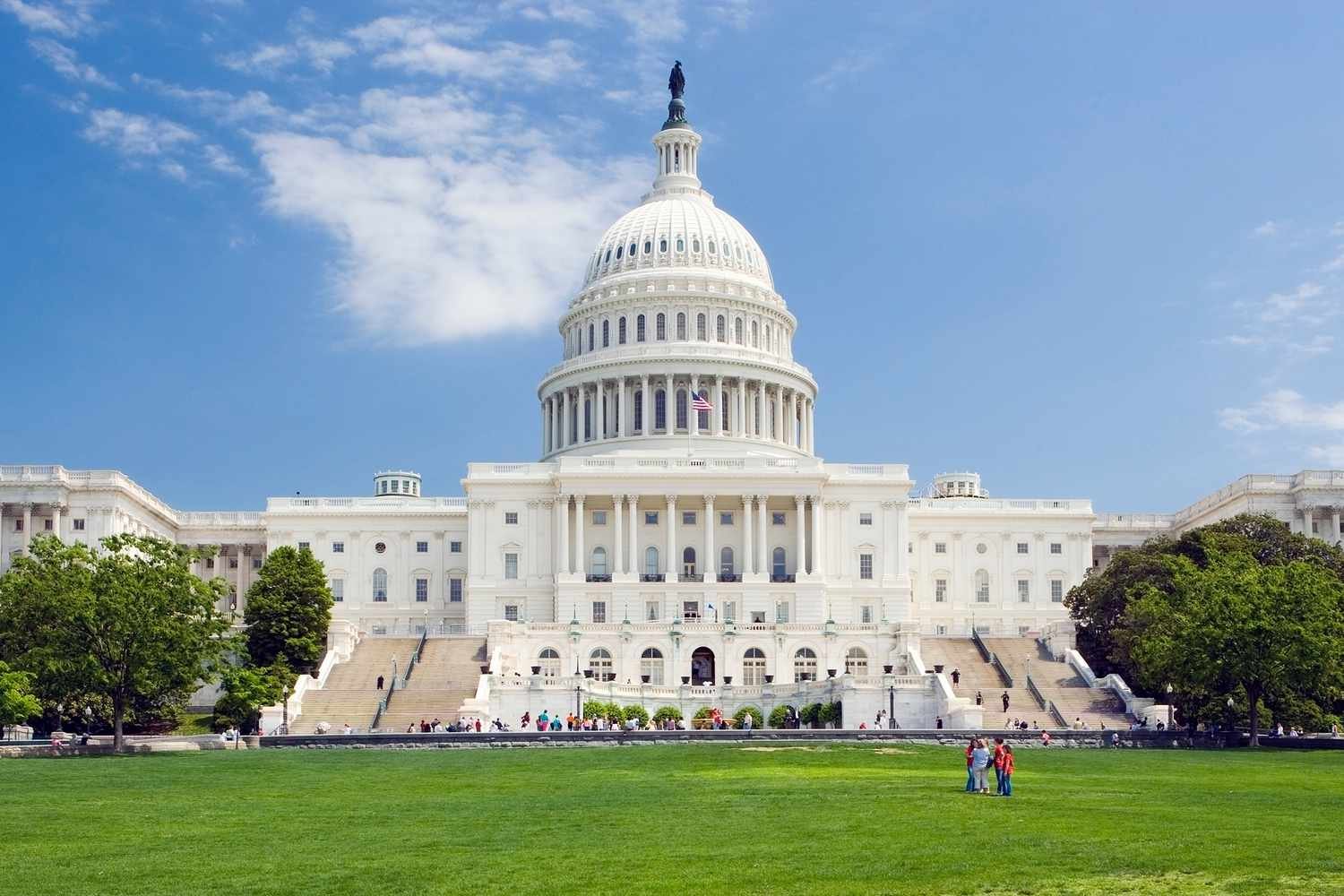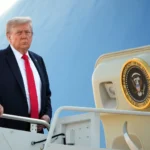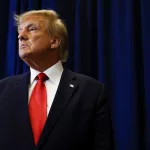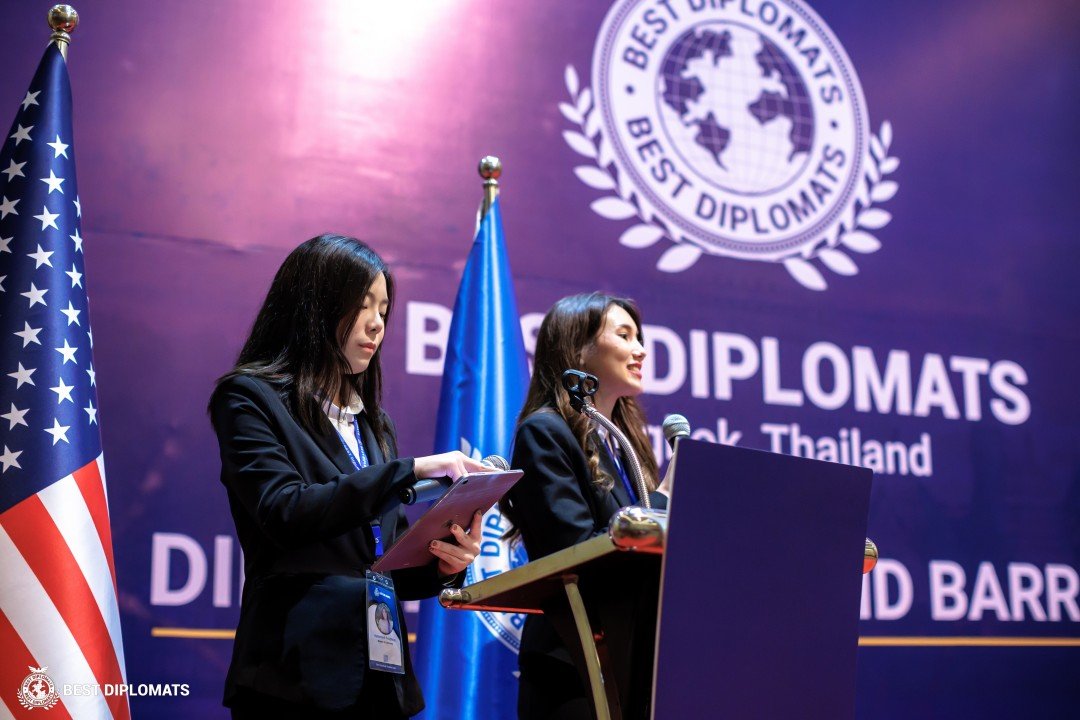In the week preceding the recommencement of President Donald Trump’s four-year mandate, a distinguished Pakistani diplomat—ranked senior within the Foreign Office—convened a closed listen-in for analysts, journalists, and academics within the capital. His exposition was singularly dedicated to forecasting Pakistani–American relations under the forthcoming Trump administration. The crux of his prognosis: Islamabad must align itself to endure a protracted and arduous diplomatic theatre.
The envoy asserted that Trump’s inner circle consisted of individuals whose predispositions toward Islamabad were, at best, tepid. This claim resonated with local analysts knowledgeable of both the President’s proclivities and the historic trajectory of the bilateral dynamic.
Within the discussion, unanimity soon emerged that the President’s trademark volatility offered no warrant of rejuvenated goodwill for Pakistan. Contrariwise, all participants wagered that the US–Indian entente would acquire further depth during Trump’s extended incumbency.
Curiously, a single counter-narrative appeared soon thereafter, first during President Trump’s unsolicited maiden address before a joint session of Congress.
In that oration, Trump remarked positively on Pakistan, crediting it, without a qualifier, for counterterrorism contributions. This condemnation–exemption was remarkable, especially given the President’s relentless catalogue of macro and systemic grievances levelled first toward Europe, and subsequently toward traditional adversaries.
The commendation originated from Islamabad’s role in detaining a principal architect of the Abbey Gate bombing in Kabul in August 2021. Based on a tip supplied to it by the CIA, Pakistani authorities arrested Muhammad Sharifullah, an operative of ISIS-Khorasan who, according to US intelligence, had facilitated the Kabul airport attack, and promptly transferred him to the US.
This operational success not only secured an exceptional compliment from Trump, but it also, and perhaps more critically, established an ongoing dialogue that culminated in an unusual invitation for the recently appointed chief of the army staff, Field Marshal Syed Asim Munir, to attend a private lunch at the White House.
Although widespread doubt existed that such a Washington-Islamabad thaw would endure, the lion’s share of the scepticism centred on the volatility of Trump’s rhetorical axis. Commentariat and diplomatic interlocutors in both capitals alike asked what Islamabad had put on the table to warrant the warmth, and what, if any, reciprocal payoff would accrue to the Pakistani side.
Yet the weeks since that applause at a joint session of Congress have witnessed a crescendo of high-level visits and granular military and intelligence working-group engagements, allowing the optimistic rather than the cynical interpretation: Trump’s commendation no longer appears a fleeting flourish but rather an emanation of a recalibrated US posture.
The core outcome of Islamabad’s assistance to Washington in facilitating the detention of the Abbey Gate bombing suspect was the US State Department’s subsequent designation of the Balochistan Liberation Army and its perpetrator wing, the Majeed Brigade, as designated terrorist organisations.
The designation of both as Foreign Terrorist Organizations constituted a diplomatic milestone for Pakistani authorities, fulfilling a longstanding request that had previously encountered frequent US resistance. Pakistan had repeatedly pressed for this labelling, arguing that its value for the international legal arsenal was self-evident, yet earlier US administrations persisted in refraining from confronting anti-state actors operating in Balochistan.
Washington had, however, previously categorised Tehreek-e-Taliban Pakistan as a terrorist group, illustrating that selective labelling had become a norm rather than a policy aberration. Continued exemptions for the Baloch groups stemmed in part from their dual targeting, which was directed both at the Pakistani security apparatus and, more relevant to current diplomatic calculations, substantially China’s Balochistan-centred economic and infrastructure commitments arising from the Belt and Road Initiative.
The differentiation tacitly suggested that the strategic inconvenience of aiding arrangements displeasing to Beijing partially outweighed the value of Pakistani bilateral candidates. By refraining from officially labelling the groups, Washington was able to signal a limited counter-terrorism repository directed principally at the domestic Pakistani narrative without notably complicating the narrative at a packaging- and optics-aware international rate.
Unexpected indictments of US law enforcement in security data—enthused with the BLA and the Majeed Brigade—demanded a recalibrated schema. The designation was thus extraordinary in its timeliness, being at once a transactional uplink to Islamabad and a statement of prudential dismay directed at Beijing-proofing the BRI, going beyond the minimalist proclivity that had—until then—conserved the latitude of ambiguity for Balochistan-based entities calling the Chinese economic footprint a target.
The designation of the Baloch Liberation Army (BLA) and Majeed Brigade by the United States, coupled with indications of forthcoming cooperative initiatives with Pakistan against these entities, marks a significant geopolitical development.
Recent counterterrorism dialogues—an established bilateral mechanism—were convened in Islamabad, and a salient shift was identified in the proceedings. This was the inaugural occasion on which a reference to the BLA was explicitly included in the concluding joint communiqué, underscoring an apparent convergence of interests and an expanded operational scope in the shared counter-terrorism agenda.
Both delegations reiterated the “critical importance” of devising effective responses to terrorism, explicitly identifying the Baloch Liberation Army (BLA) alongside broader transnational entities. The US commended Islamabad for its “continuing successes” in neutralizing groups that jeopardize both regional and worldwide stability.
Consequently, the designation of both the BLA and the Majeed Brigade generates legal, political, diplomatic, and operational repercussions, affecting not only Pakistan and the US but also, incidentally, India.
To begin with, any assets tied to the BLA or the Majeed Brigade and located within US jurisdiction remain frozen. Travel to the US by any BLA or Majeed Brigade member or affiliate is formally prohibited. Providing any form of material assistance to the groups is categorically deemed a serious violation of US federal law, applicable even to non-citizens lacking US citizenship, residence, or employment, provided the conduct implicates US persons, institutions, or transmission facilities.
The proscription complicates the BLA’s capacity to obtain financial resources through charitable organizations, shell corporations, or sympathetic diaspora constituencies.
The Foreign Terrorist Organization (FTO) designation raises the stakes for members contemplating international travel or asylum in states that subscribe to US-led counterterrorism doctrines. The US is now enabled to exchange intelligence with Pakistan and partner states with a focus on the surveillance, disruption, and dismantlement of the group’s dormant or active nodes.
Members and sympathizers among the diaspora in Western countries may be subject to scrutiny and potential criminal proceedings. Should the BLA establish secure enclaves in neighbouring territories, including Afghanistan, the US measure shifts the onus to those governments to effect containment or to incur the risk of subsequent US diplomatic or operational repercussions.
Although the formal proscription will not terminate the armed uprising, it will likely erode the insurgency’s external patronage, reducing the logistical and ideological sustainment needed for the prominent suicide operations conducted by the Majeed Brigade. The record indicates that such attacks are costly, and diminishing their financing is an immediate auxiliary objective.
Conversely, the State of Pakistan has for years classified the BPA-Liberation Army (BLA) as an externally-sponsored terrorist outfit orchestrating violence in Balochistan. The US designation, insofar as it carries diplomatic and intelligence weight, bolsters the replications of that characterisation, providing a rare repository of multilateral affirmation.
An additional dimension is that New Delhi has conventionally provided, and in certain instances overtly avowed, logistical patronage to Baloch separatist factions. The US designation, unaccompanied by Indian endorsement, signals that Washington is resisting the implicit justification that would align it with such assistance.
The action also crowns a steadily deepening convergence of divergent security imperatives between Islamabad and Washington. The development may underplay Delhi’s eagerness to frame and instrumentalise the Baloch insurgency for its strategic calculus.
The tacit fear remains that American intelligence-sharing and monitoring, expressed in the context of BLA and Majeed Brigade transnational cells, could inadvertently catalogue Indian emissaries with Balochite components, causing bilateral awkwardness.
The listing may yet conceal an abstract US eagerness to examine deposits of copper, cobalt, and other irreplaceable minerals—followed, for plausibility, by estimates of exploitable gain—and that excavation is confrontationally impeded by continuing disorder.
Pakistani officials, privately and selectively, entertain the assumption that American commitment to extractive zones in Balochistan could, over the medium term, crystallise a Summit of behaviour that stabilises the Province.
Should Islamabad and Islamabad’s analytical communities envisage encapsulated linkage between the sanctions and such latent economic opportunities, they discern the proscription of the BLA and Majeed Brigade as an associative incitement map toward a conditional scenario of tacit cooperation—that, even to mature, will energetically depend upon the persistent, sequential completion of terrorist furnishing by Pakistan’s home security establishments. source

















